To be deep in history is to cease to be a Protestant
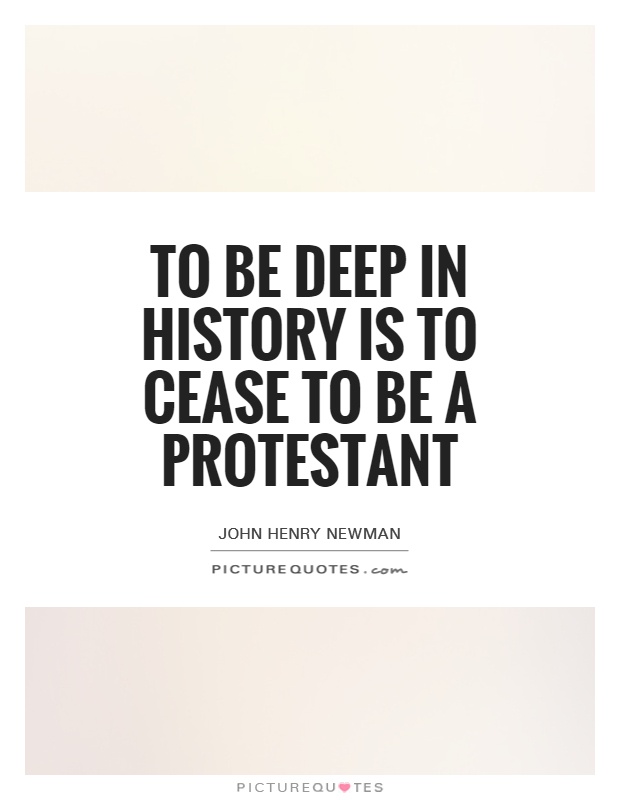
To be deep in history is to cease to be a Protestant
John Henry Newman, a prominent figure in the Oxford Movement of the 19th century, famously said, "To be deep in history is to cease to be a Protestant." This statement reflects Newman's own journey from Anglicanism to Roman Catholicism and his belief in the importance of tradition and historical continuity in the Christian faith.Newman was born into a Protestant family and was raised in the Anglican Church. He was a highly influential figure in the Church of England, known for his intellectual prowess and theological writings. However, as he delved deeper into the history of Christianity and studied the early Church Fathers, Newman began to question the validity of Protestantism and the claims of the Anglican Church.
Newman's study of history led him to conclude that the Roman Catholic Church had a stronger claim to historical continuity and apostolic succession than Protestant denominations. He believed that the Catholic Church could trace its origins back to the early Christian community founded by Jesus Christ and his apostles. This historical continuity, in Newman's view, gave the Catholic Church a greater authority and legitimacy than Protestant churches, which he saw as having broken away from the true faith.
Newman's conversion to Catholicism in 1845 was a significant event in his life and in the history of the Oxford Movement. It caused a great deal of controversy and led to his ostracism from many of his former colleagues and friends in the Anglican Church. However, Newman remained steadfast in his belief that the Catholic Church was the true repository of the Christian faith and that its historical continuity and tradition were essential to its identity.
Newman's statement, "To be deep in history is to cease to be a Protestant," encapsulates his belief in the importance of tradition and historical continuity in the Christian faith. For Newman, a deep understanding of history leads inevitably to the recognition of the Catholic Church as the true heir of the apostolic tradition. His own journey from Protestantism to Catholicism serves as a powerful example of the transformative power of history and tradition in shaping one's religious beliefs.

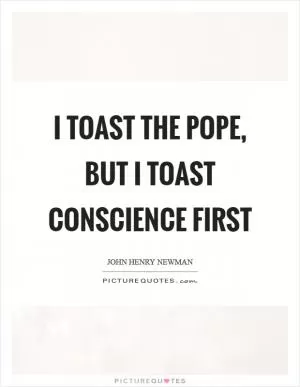
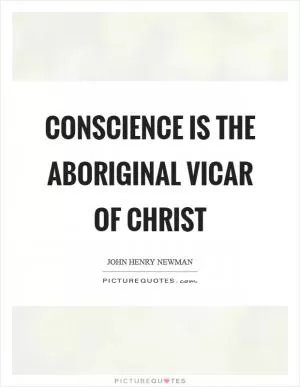



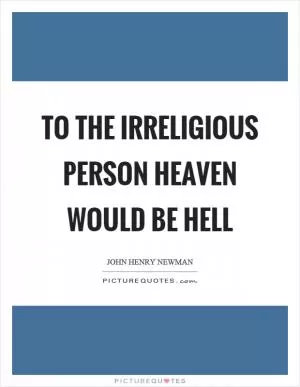

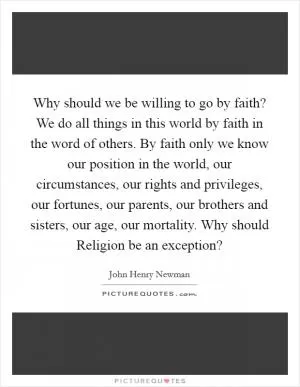
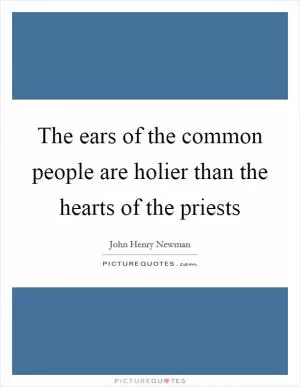


 Friendship Quotes
Friendship Quotes Love Quotes
Love Quotes Life Quotes
Life Quotes Funny Quotes
Funny Quotes Motivational Quotes
Motivational Quotes Inspirational Quotes
Inspirational Quotes